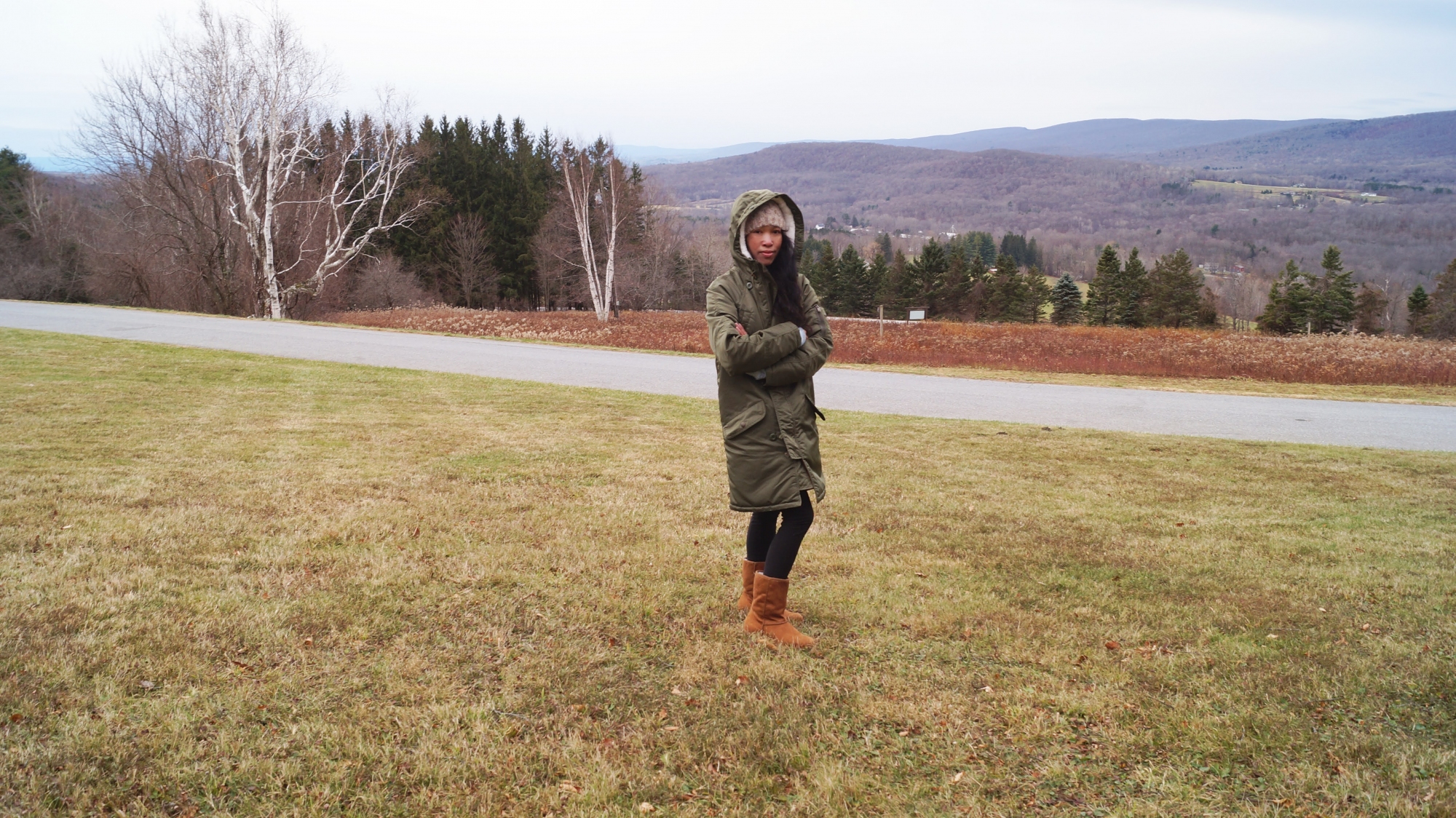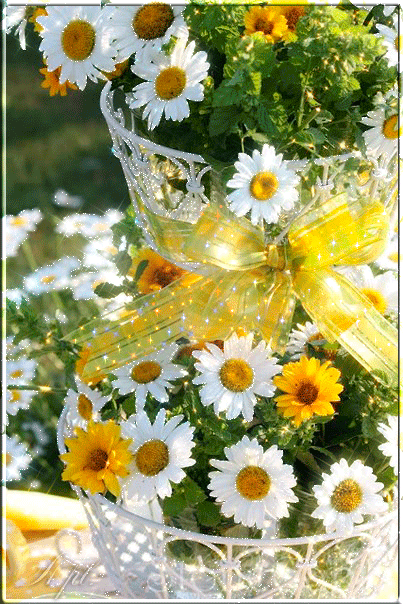
Verse 133: Do not speak harshly to anyone; those who are thus spoken to will retort. Malicious talk is indeed the cause of trouble (dukkha) and retribution will come to you.
Verse 134: If you can keep yourself calm and quiet like a broken gong which is no longer resonant, you are sure to realize Nibbana, there will be no harshness in you.
- sarambkakatha: Malacious talk. According to the Commentary it means talk belittling others.
The Story of Thera Kondadhana
While residing at the Jetavana monastery, the Buddha uttered Verses (133) and (134) of this book, with reference to Thera Kondadhana.
Since the day Kondadhana was admitted to the Order, the image of a female was always following him. This image was seen by others, but Kondadhana himself did not see it and so did not know about it.
When he was out on an alms-round, people would offer two spoonfuls to him, saying, “This is for you, Venerable Sir, and this is for your female companion.” Seeing the bhikkhu going about with a woman, people went to King Pasenadi of Kosala and reported about the bhikkhu and the woman. They said to the king, “O king! Drive out the bhikkhu, who is lacking in moral virtues, from your kingdom.” So the king went to the monastery where that bhikkhu was staying and surrounded it with his men.
Hearing noises and voices, the bhikkhus came out and stood at the door, and the image also was there not far from the bhikkhu. Knowing that the king had come, the bhikkhu went into the room to wait for him. When the king entered the room, the image was not there. The king asked the bhikkhu where the woman was and he replied that he saw no woman. The king wanted to make sure and he asked the bhikkhu to leave the room for a while. The bhikkhu left the room, but when the king looked out, again he saw the woman near the bhikkhu. But when the bhikkhu came back to the room the woman was nowhere to be found. The king concluded that the woman was not real and so the bhikkhu must be innocent. He therefore invited the bhikkhu to come to the palace every day for alms-food. Continue reading →


















